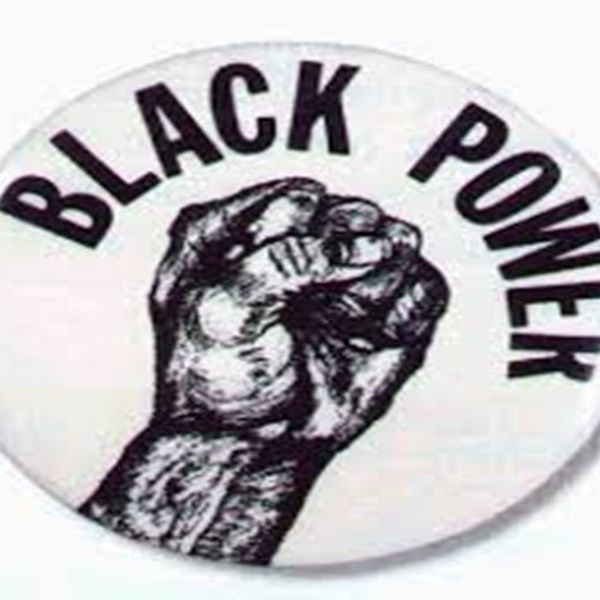In all of the fervor during the wake of boxing legend and political activist Muhammad Ali's departure from the physical realm, I'd like to reflect on Ali's legacy of unapologetic blackness. From his stance on the war in Vietnam, to his clever poetic rhymes, Muhammad Ali will be remembered as a man who fully embraced his culture, black skin, and existence as a black man living under an inherently racist colonial government. Representing an aspect of the black experience where one feels alienated from and unappreciated by mainstream society, Muhammad Ali boisterously revealed in his blackness despite criticism and for that reason, his memory will always have a special place with me.
In his introductory work The Militant Black Writer Stephen E. Henderson writes,
“To write black poetry is an act of survival, of regeneration, of love. Black writers do not write for white people and refuse to be judged by them. They write for black people and they write about their blackness, and out of their blackness, rejecting anyone and anything that stands in the way of self-knowledge and self-celebration. They know that to assert blackness in America is to be ’militant,’ to be dangerous, to be subversive, to be revolutionary…."
This quote speaks directly to Muhammad Ali's legendary poetic footwork in the ring and the wittiness of his self-rejoice. Never allowing anyone to overstep their boundaries, Ali was quick on his feet and his comebacks were even more swift. A poster child for self-love and the assertion of one's blackness in spaces that cause non-black people to feel uncomfortable, Muhammad Ali was as revolutionary and militant as a hero could be.
By denouncing White American culture and ideologies, Muhammad Ali became public enemy number one and faced much criticism for his lack of patriotism and loyalty to the United States of America. Like many other prominent political figures of Black America during the time - and throughout history - Ali was not popular with the droves of people who sought to uphold the racist institutions that govern American society. Having met with figures such Dr. Martin Luther King Jr., Malcolm X, and Kwame Nkrumah, there is no doubt that Ali recognized his existence as a displaced citizen of the globe who'd never be able to exist outside the paradigm of global white supremacy. Ali transformed his disdain for white supremacy into political activism in efforts to create positive and progressive change.
Reflecting on Ali's life should never be a case of whitewashing or denying his celebration of blackness. Portraying Ali as an American hero will forever be a lie so long as this country will be known for stripping him of his titles. Ali's resilience in spite of adversity is a display of the strength African-Americans were always forced to display during our existence in America. In remembering Ali, I hope that all people of color learn to love themselves and celebrate their culturally rich traditions regardless of what society deems to be the norm. Muhammad Ali is perhaps the most unapologetically Black celebrity of all time and for that reason alone he is undeniably #TheGreatest.





















